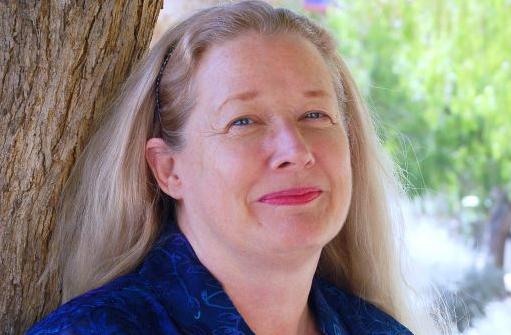What would you do if your child brought home a report card with a D+? Scream, yell, throw a fit?
So why aren’t we in a rage that Arizona gets a D+ in education, rating 45th of 50 states according to Education Week’s Quality Counts annual publication. Since 2008, education spending per pupil in Arizona declined by 17.5 percent, the third-largest cut in the country, due in part to terminating full-day kindergarten.
So where will we get the funding for full-day kindergarten?
The current costs are estimated at $240 million per year to provide universal access to full-day kindergarten in Arizona, approximately $2,800 per student. In 2016, only 41 percent of third-graders passed language arts assessment and 46 percent passed math assessment, according to the AzMERIT results released by the Arizona Department of Education.
Let’s do the math. If 50 percent of the 87,689 third-graders (43,844) are retained or need remediation at a cost of $7,528 per year, the cost to the state is $330 million. Insofar as remediation in the third grade doesn’t bring all students up to grade level, the costs will accumulate each year as these underperforming students struggle in school.
On Nov. 29, Arizona Superintendent of Public Instruction Diane Douglas announced that she will ask the Legislature for an additional $680 million for education in the upcoming state budget process. These funds would be targeted to improve education by increasing the amount of state aid provided per student to schools, improving teachers’ salaries, building new schools and providing needed repairs and augmenting transportation to rural schools, all worthy investments.
Investing in full-day kindergarten is directly related to improving student achievement.
The results in New Mexico, a similar state, found that 94 percent of the students in full-day kindergarten succeeded in passing literacy tests. Nationally, full-day kindergarten increases learning and achievement on achievement tests by 10 to 20 percent, saving the state an average of $7,528 per student a year. Full-day kindergarten is the most effective way to start children on the path of academic success that leads to educational and workplace outcomes.
Research demonstrates that students who attend full-day kindergarten perform at higher levels in reading and math from kindergarten through the third grade, compared to students in half-day programs. Full-day programs enable teachers to use small reading and math groups that provide flexibility and individualized learning environments.
Students in full-day programs also demonstrate gains in social and learning skills that contribute to creativity, problem-solving and social interaction. They learn how to play with others, put forth their best effort and follow instructions. Teachers report fewer discipline problems and an easier transition to first grade because students gain self-confidence in kindergarten.
Full-day kindergarten helps cut the achievement gap because it provides gains for students across the population spectrum. Second-language learners benefit from larger gains in early literacy compared to those in half-day programs. Full-day kindergarten reduces the achievement gap based on race, ethnicity and family income.
By providing an level-entry into elementary school, timely progression in school, attendance and motivation to succeed are more similar across groups.
As we invest more in education in Arizona, let’s invest more in our earliest learners. Now that we have done the math, you’ll join me, business leaders, law enforcement professionals and government officials in wanting to pay a smaller sum up front rather than a yearly assessment for students who start behind and struggle to catch up. Call your legislators to reinstate full-day kindergarten in Arizona.





